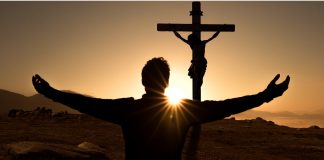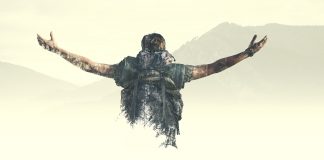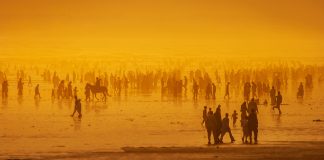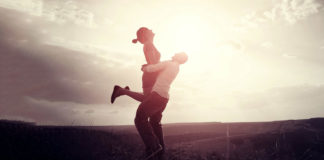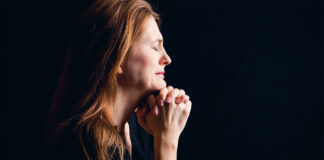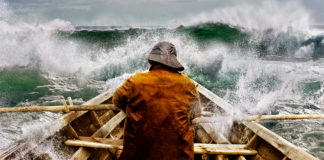Jesus is the argument
Celsus was concerned about the spread of the new sect called Christianity. He felt that Christianity's view of the world and of life was so different from the ancient world order that, if accepted by the majority, it would ruin society.
Atheism at war
As the rising sun brought life and light to the east coast of North America, it was greeted by a brisk autumn morning. Hurricane Erin was on the move in the Atlantic, creating heavy rainfall from Newfoundland to Bermuda. A cold front saved most of the eastern seaboard from the hurricane’s destruction and the resulting high-pressure front produced clear skies—perfect conditions for air travel.
Life in the vicinity of death
One night while checking on his patients in a palliative care centre, the therapist risked asking a confusing question to a person whose universe had shrunk to the size of his sickbed: “What brought you joy today?” The answer was immediate: “Being alive.”
The courage to believe
Who was Jesus really? While His historical existence is no longer questioned, many people believe that He was at best an exceptional personality of His time, a reformer whom His disciples later transformed into a deity. Why is neo-atheism concerned with promoting such a Jesus, and why is He nothing more than a new form of doubt?
The lens you see me through
Ask any cinematographer what gets them excited, and I guarantee there’s a fair chance they’ll answer with “lenses”. Having spent many years studying film and many more practising it, I can safely say that I now understand why this is—and it’s probably the first response you’d hear from me if you asked me the same question.
I will say it again: Rejoice!
Although we experience more positive than negative elements in life, we are still more intensely and more quickly affected by the unpleasant ones. How can we protect our joy of living despite the problems that beset us?
The risks of discussions about saving the world
Concern for the planet's climate and its ecology has occupied the world's attention for many decades. In the 1980s, the ozone layer depletion caused by chlorofluorocarbons and similar gases was observed, and in 1987, the Montreal Protocol was finalised.
Love does not give up
We love people for who they are. But there is a kind of love that is too high for us to truly comprehend in all its nuances, a love that manifests itself towards people no matter who they are or what they become. We find a love such as this in the beautiful story of Ian and Larissa.
The outside world and the bubbles in our heads
Plato may have been one of the first to think this way, but in modern sociology it was Walter Lippmann who made history with the idea that people do not have access to reality in all its complexity, but operate on images of that reality that they construct for themselves.
COVID-19: What if we received bad news in a void?
What if there was no good news to give us confidence that we could get through the troubles facing us now? What if there was no good news to assure us that we are cherished, loved and supported, that we are not alone?
Antonyms will not exist forever
God is never the one to leave. He is the one who is abandoned. Even when Scripture describes Him as turning His face away, we understand that this is in fact the reluctant and painful recognition of man's decision to go beyond the point of no return in his relationship with God.
The hopeless generation
I talked to Pastor Nicu Butoi about the role that religion could play in treating depression and hopelessness, at the end of a series of evangelistic presentations he gave to a full-house before the pandemic.
How did Jesus view the Scriptures?
Jesus had the highest regard for the Scriptures. The Gospels show that He was familiar with the content of the Scriptures, which He saw as the final authority for establishing truth, rejecting temptation, and choosing the way forward in the present and the future.
In the same boat as the murderer
Decade after decade, Darold and Barbara Bigger have built their lives with honor, discipline, and devotion.
A visit to Narnia
On the 22nd of November 1963, global attention was captured by the tragic assassination of American President J.F. Kennedy. On the same day, the death of one of the most influential Christians of the 20th century, the British writer and apologist C.S.Lewis, went almost unnoticed.















